






5-Star Valuation Services, Loved by Hundreds
Defensible appraisals for any legal or tax need.
Rather than relying on a single lead appraiser or fixed team, we maintain an extensive network of credentialed specialists, each with deep expertise in particular asset types and valuation purposes. This enables us to match every engagement with the right expert while delivering exceptionally fast turnaround times, even under the most demanding deadlines.
When you require a defensible appraisal you can trust, AppraiseItNow delivers.


Easy & Fast Online Appraisal Process
Our unique model allows us to meet super tight deadlines for tax filings, court dates, internal company project timelines.

Industry-Leading Appraisal Speed
Our unique business model means that we always have a credentialed appraiser available to work on your project, and we can meet obscure and short deadlines for tax filings, court submissions, internal projects, and more. Even if that means preparing your appraisal within 24 hours!

Any Asset Covered
This means that we can appraise any type of item including furniture, artwork, jewelry, business inventory, machinery & equipment, cars, boats, and more!

Servicing Enterprises & Individuals
Our company services anyone from an individual with a single couch to an enterprise needing contents of multiple offices or warehouses appraised.

Defensible for Any Purpose
Frequently Asked
Questions
No Frequently Asked Questions Found.
At its core, Medicaid planning involves careful asset management and strategic financial positioning. The primary objectives include qualifying for Medicaid benefits, protecting accumulated wealth, and ensuring access to necessary medical and long-term care services without exhausting personal resources.
The process encompasses several critical components. Asset protection stands as a fundamental strategy, involving careful evaluation and potential restructuring of savings, real estate, and investments to align with Medicaid's complex eligibility guidelines. Income management is equally crucial, with techniques designed to optimize financial positioning while adhering to program regulations.
Estate planning plays a significant role in this approach, integrating Medicaid considerations with broader financial goals. This may involve creating specialized trusts, implementing targeted gifting strategies, or utilizing legal mechanisms that protect assets while maintaining program compliance.
Exempt assets represent another important aspect of Medicaid planning. Certain properties, such as primary residences and specific personal belongings, can be strategically preserved while navigating eligibility requirements. Understanding these nuanced exemptions can provide substantial financial protection.
Crisis planning emerges as a critical component for those facing unexpected long-term care needs. This approach focuses on rapid strategies to meet eligibility requirements and protect assets when immediate care becomes necessary.
Given the complexity of Medicaid regulations, professional guidance becomes invaluable. Experienced elder law attorneys and financial advisors can provide personalized strategies tailored to individual circumstances, ensuring comprehensive protection and maximizing potential benefits.
Ultimately, Medicaid planning represents a proactive approach to financial and healthcare security. By understanding and strategically navigating program guidelines, individuals can maintain financial dignity while accessing essential care services.
A comprehensive appraisal provides an objective and legally recognized assessment of asset values, which directly impacts Medicaid qualification. These professional evaluations establish fair market value for real estate, personal property, and other significant assets, offering a clear snapshot of an individual's financial landscape.
By obtaining a detailed appraisal, individuals can make informed decisions about asset management. The valuation helps identify potential strategies such as strategic asset transfers or spending plans that align with Medicaid's strict regulatory guidelines. This proactive approach enables applicants to optimize their financial positioning while maintaining compliance with program requirements.
During the Medicaid application process, accurate documentation becomes essential. A professional appraisal serves as authoritative evidence, supporting the applicant's financial representation and potentially expediting the review process. The detailed assessment helps Medicaid caseworkers quickly and confidently evaluate an individual's eligibility.
Furthermore, a professionally prepared appraisal creates a protective documentation layer. In scenarios where asset values might be challenged, the appraisal stands as an impartial, expert-verified record of an asset's worth. This documentation can prevent potential disputes and provide clarity during the complex Medicaid planning journey.
Ultimately, a strategic appraisal is more than a simple valuation—it's a comprehensive financial planning tool that empowers individuals to navigate Medicaid's intricate requirements with confidence and precision.
Professional appraisers conduct an in-depth examination that considers several key elements: equipment age, operational condition, accumulated usage hours, specific brand and model characteristics, and current market dynamics. Each factor is carefully weighted to generate an accurate representation of the asset's true worth.
The appraisal process begins with a detailed physical inspection, where experts methodically evaluate the equipment's structural integrity, mechanical functionality, and overall performance potential. Maintenance records play a crucial role, offering insights into the equipment's historical care and potential longevity. Well-maintained machinery typically commands a higher valuation, reflecting the diligence of its previous owners.
Comparative market analysis forms another cornerstone of the appraisal methodology. Appraisers cross-reference the equipment against recent sales of similar machinery, ensuring the valuation reflects current market conditions and industry trends. This approach provides a nuanced, data-driven perspective that goes beyond surface-level assessments.
Different sectors leverage construction equipment appraisals for varied purposes. Contractors use these evaluations to make strategic decisions about equipment acquisition or disposition. Financial institutions rely on precise valuations to assess lending risks and determine appropriate financing terms. Rental companies depend on these assessments for fleet management and insurance purposes.
Ultimately, a construction equipment appraisal represents a complex intersection of technical expertise, market knowledge, and financial analysis. It provides stakeholders with a reliable, objective assessment that supports informed decision-making in an ever-evolving industry landscape.
Detailed digital assessments typically involve clients submitting high-quality photographs and comprehensive equipment specifications. Appraisers carefully analyze these submitted materials, examining equipment condition, age, operational history, and market comparability factors. This method allows for precise evaluation without requiring physical presence.
Interactive online appraisal options have expanded, leveraging video conferencing platforms like Zoom, Google Meet, and Skype. These live sessions enable real-time equipment examination, allowing appraisers to request specific angles, discuss unique features, and conduct thorough visual inspections with clients.
The digital appraisal process offers significant advantages, including dramatically reduced turnaround times and elimination of geographical constraints. Clients can receive professional assessments quickly and conveniently, without scheduling complex in-person meetings or incurring additional travel expenses.
Modern appraisal techniques incorporate advanced technological tools and professional expertise to deliver accurate, reliable equipment valuations. By combining detailed documentation, visual evidence, and professional analysis, online construction equipment appraisals provide comprehensive insights that meet industry standards and client expectations.
Certified general appraisers offer the broadest expertise, holding comprehensive licenses that enable them to assess virtually any type of heavy machinery. Their deep market knowledge allows for nuanced valuations of complex and high-value equipment, making them invaluable for comprehensive assessments.
Licensed equipment appraisers focus specifically on machinery valuation, developing deep expertise in construction equipment like excavators, bulldozers, and cranes. Their specialized knowledge ensures precise evaluations that account for industry-specific factors, regulatory compliance, and detailed condition assessments.
Industrial appraisers bring a strategic perspective, examining equipment within the broader context of manufacturing and construction operations. They excel at understanding how machinery integrates into industrial ecosystems, providing holistic valuations that consider operational capabilities and market positioning.
Cost approach appraisers utilize a methodical replacement value strategy, calculating equipment worth based on reproduction costs and accounting for depreciation. This approach proves particularly effective for new or unique machinery, offering a scientific basis for valuation.
Market approach appraisers leverage comparative sales data, analyzing recent transactions to determine fair market value. By examining factors like age, condition, and brand reputation, they provide insights that reflect current market dynamics and competitive pricing trends.
Auction appraisers specialize in evaluating equipment within the unique context of sales environments. Their expertise in predicting auction performance helps buyers and sellers understand potential market values, drawing from historical sales data and current industry trends.
Selecting the right appraiser depends on specific assessment needs, equipment type, and valuation objectives. Understanding these professional distinctions empowers businesses and individuals to make informed decisions about their construction equipment assets.
Financial decision-makers rely on equipment appraisals to understand the true economic landscape of their assets. By establishing precise market values, companies can make informed choices about equipment maintenance, replacement, and potential divestiture. These evaluations capture nuanced details about depreciation, current market conditions, and potential future value trajectories.
Insurance and risk management represent another crucial dimension of equipment appraisals. Accurate valuations ensure appropriate coverage levels, protecting organizations from potential financial vulnerabilities in case of unexpected equipment loss or damage. This proactive approach mitigates potential economic disruptions and provides a clear framework for claims processes.
Lending institutions and financial partners frequently require professional equipment appraisals when considering financing or leasing arrangements. A comprehensive, objective assessment provides credibility and transparency, potentially securing more favorable lending terms and demonstrating the organization's financial sophistication.
Tax planning and compliance represent additional significant benefits of professional equipment appraisals. Whether addressing charitable donations, estate planning, or annual tax reporting, precise valuations help organizations maximize potential tax advantages while maintaining regulatory adherence.
Strategic asset management emerges as a fundamental outcome of regular equipment appraisals. By tracking equipment value over time, businesses can develop more intelligent procurement strategies, anticipate replacement cycles, and optimize their capital investment approaches.
Ultimately, construction equipment appraisals transcend simple monetary calculations. They represent a holistic tool for financial strategy, risk management, and organizational planning, enabling more sophisticated and informed decision-making across multiple business dimensions.
Understanding the Importance of Appraisals in Medicaid Planning
In the realm of Medicaid planning, accurate appraisal of construction equipment is crucial to ensure compliance with financial eligibility requirements. Medicaid has specific asset limits, and any equipment owned by an individual or a business must be assessed to determine its fair market value. This verification not only aids in asset management but also plays a significant role in strategizing how to allocate resources while remaining within the program's limits.
Furthermore, a precise appraisal can protect valuable assets from being improperly classified or undervalued, which could lead to complications when seeking Medicaid benefits. Understanding the valuation process is essential for individuals and families planning for long-term care, as it can influence decisions regarding the sale, transfer, or retention of equipment. Ultimately, a thorough understanding of construction equipment appraisals not only safeguards assets but can also contribute to more effective Medicaid planning strategies.
What is a Construction Equipment Appraisal?
A construction equipment appraisal is a professional assessment that determines the fair market value of machinery and tools used in construction. This process involves a thorough evaluation of the equipment's condition, age, brand, and any unique features that may affect its value. Appraisers also consider the current market demand for specific types of equipment, along with sales data and industry trends, to provide an accurate valuation. Understanding the value of construction equipment is critical, especially in scenarios such as Medicaid planning, where asset assessment plays a key role in eligibility and resource management.
During a construction equipment appraisal, qualified appraisers utilize a combination of on-site inspections and comprehensive market analysis. The appraisal report generated not only aids individuals in understanding their assets but also serves as an official document that can support financial planning and compliance requirements. Moreover, accurate appraisals are essential for transactions, insurance purposes, and maximizing investment returns. This valuation becomes especially pertinent in Medicaid planning, as it allows individuals to strategically manage their assets while navigating complex eligibility criteria.
Key Factors That Influence Construction Equipment Valuation
When valuing construction equipment, several key factors play a crucial role in determining its worth. The age and condition of the equipment are paramount; newer and well-maintained machines typically command higher appraisals. Additionally, the type of equipment—whether it is heavy machinery, tools, or specialized equipment—can influence its market value, as certain types are more essential for specific projects and thus may retain their worth better over time.
Market demand also significantly impacts construction equipment valuation. High-demand equipment that is vital for current construction trends, like eco-friendly machinery, may see an uptick in prices compared to outdated models. Economic factors, such as regional construction activity and the overall health of the construction industry, can lead to fluctuating values for used equipment, making timely appraisals important.
Lastly, any modifications or customizations made to the equipment can enhance its value by increasing its functionality or efficiency. Buyers often look for equipment equipped with the latest technology or attachments that improve performance. Consequently, an accurate appraisal that considers these unique features can provide essential insights, especially for individuals planning for Medicaid, where understanding asset values is critical.
The Role of Qualified Appraisers in the Appraisal Process
Qualified appraisers play a crucial role in the construction equipment appraisal process, particularly when it comes to Medicaid planning. These professionals possess specialized knowledge of the equipment market, including factors that affect the value of construction machinery, such as age, condition, and technological advancements. Their expertise ensures that the appraisal reflects an accurate and fair market value, which is essential for making informed decisions during Medicaid applications. By conducting thorough inspections and utilizing industry-standard valuation techniques, qualified appraisers provide essential insights that can support financial planning strategies and compliance with Medicaid regulations.
Furthermore, the involvement of qualified appraisers helps to establish credibility in the valuation process. Accurate appraisals are vital not only for Medicaid planning but also for potential resale or collateral purposes. When appraisals are conducted by certified professionals, they provide a level of assurance that financial institutions or Medicaid officials require when assessing an individual's assets. Ultimately, the insights and assessments provided by qualified appraisers result in a more streamlined Medicaid application process, helping individuals navigate the complexities of asset management with confidence.
Types of Appraisals for Construction Equipment
When it comes to construction equipment appraisals, there are several types of assessments that can be utilized, each serving a specific purpose. The most common types include market value appraisals, which estimate the current fair market value based on recent sales data of similar equipment, and replacement cost appraisals, which determine the cost to replace the equipment with a new equivalent. Additionally, income-based appraisals may be employed for specialized machinery that generates income, evaluating its earning potential over time. Understanding these different valuation approaches is essential for stakeholders involved in Medicaid planning, as they each yield unique insights into the equipment's worth and relevance.
Market value appraisals are particularly important for Medicaid planning because they provide a real-time snapshot of what the equipment is likely to sell for in the current market. This type of appraisal takes into account factors such as the equipment's age, condition, and technological advancements, which could influence its desirability and resale potential. Conversely, replacement cost appraisals are useful in assessing what it would cost to purchase a brand-new piece of equipment, essentially providing a ceiling for its value. Both methods can guide financial decisions and ensure accurate asset reporting during Medicaid eligibility assessments.
In addition to market and replacement cost appraisals, it's vital to consider the unique characteristics of construction equipment that may affect their valuation. Factors such as brand reputation, maintenance history, and attachments or modifications can significantly impact an appraisal's outcome. Engaging a qualified appraiser with expertise in construction equipment ensures that all relevant factors are taken into account, leading to a more accurate and comprehensive valuation. Ultimately, a thorough understanding of these different appraisal types can empower individuals and families to make informed decisions related to asset management and Medicaid eligibility.
The Appraisal Process: Step-by-Step Guide
The appraisal process for construction equipment is a systematic approach that starts with the selection of a qualified appraiser who has expertise in valuing heavy machinery. The appraiser will gather important information about the equipment, including its make, model, year of manufacture, and overall condition. This initial phase is crucial, as it sets the foundation for a comprehensive valuation that accurately reflects the equipment's current market value.
Once the relevant data is collected, the appraiser conducts a thorough inspection of the equipment. This step may involve assessing the physical condition, operational capabilities, and any existing wear or damage. The appraiser also compares the subject equipment against similar assets in the marketplace, taking into consideration variability in age and usage, to ensure that the valuation is grounded in reality and reflective of current industry trends.
Finally, the appraiser compiles their findings into a detailed appraisal report, which will outline the valuation methods used and provide a final estimated market value for the construction equipment. This document is essential for Medicaid planning, as it can help determine eligibility and establish a fair market value for asset planning purposes. Understanding this process and ensuring that all steps are executed correctly is vital for clients looking to navigate the complexities of Medicaid asset rules effectively.
Common Challenges in Construction Equipment Appraisals
Construction equipment appraisals can pose several challenges, particularly due to the dynamic nature of the construction industry. Factors such as fluctuating market values, rapidly advancing technology, and varying equipment conditions can significantly influence appraisal outcomes. Effective appraisals require a comprehensive understanding of these variables to ensure accuracy and relevance in valuation, which can be a daunting task for inexperienced appraisers.
Moreover, determining the appropriate methodology for valuing construction equipment can be complex. Different types of equipment, ranging from heavy machinery to specialized tools, may require different approaches, including sales comparison, cost, or income methods. Appraisers must be well-versed in these methodologies and tailor their approach based on the specific equipment being assessed and its intended use, further complicating the appraisal process.
Another significant challenge arises from the documentation and verification of equipment details. Appraisers need access to precise information about the equipment's age, maintenance history, operational status, and any modifications that may have been made. In many cases, this information may be incomplete or unavailable, making it difficult to arrive at an accurate valuation and potentially leading to disputes in the context of Medicaid planning or other financial considerations.
How to Prepare for a Construction Equipment Appraisal
Preparing for a construction equipment appraisal involves several essential steps to ensure an accurate valuation. First, gather all relevant documentation, including purchase invoices, maintenance records, and any previous appraisals. Having a complete record of the equipment’s history not only provides valuable context for the appraiser but also helps establish its true value based on usage, condition, and market trends.
In addition to documentation, it's crucial to ensure that the equipment is clean and in good working order. An organized and well-maintained piece of machinery will be viewed more favorably during the appraisal process, as it reflects its operational state and longevity. Finally, consider conducting a preliminary assessment of the equipment's value by researching similar machines in the market, which can offer insights and prepare you for discussions with the appraiser.
Understanding the Different Valuation Methods
When it comes to construction equipment appraisals for Medicaid planning, understanding the various valuation methods is crucial. The most common approaches include the cost approach, income approach, and sales comparison approach. Each method offers unique insights and is suitable for different types of equipment depending on their condition, usage, and market demand.
The cost approach focuses on determining the value based on the cost to replace the equipment, accounting for depreciation and any physical deterioration. This method is particularly useful for newer equipment with a clear cost associated with acquiring it. In contrast, the income approach estimates value based on the potential income the equipment can generate over time, making it ideal for specialized machinery used in revenue-generating projects.
Finally, the sales comparison approach analyzes recent sales of similar equipment to establish a fair market value. This method relies on current market data and trends, allowing for a subjective analysis that reflects real-world buying behavior. By leveraging these valuation methods effectively, individuals involved in Medicaid planning can ensure they have an accurate assessment of their construction equipment, aiding in financial decision-making for long-term care.
The Impact of Depreciation on Construction Equipment Value
Depreciation plays a crucial role in determining the value of construction equipment, influencing both current and future appraisals. Generally, the value of construction machinery decreases over time due to factors such as wear and tear, technological advancements, and changes in market demand. Understanding how depreciation affects equipment value is essential for accurate Medicaid planning, as it can directly impact financial assessments and potential eligibility for assistance programs. Ultimately, a clear grasp of depreciation dynamics helps stakeholders make informed decisions regarding asset management and resource allocation.
Different types of construction equipment experience varying rates of depreciation, often influenced by their usage and maintenance history. Heavy machinery, for instance, may depreciate more swiftly than smaller tools due to their intensive operational demands. Factors such as age, condition, and brand reputation also contribute significantly to the overall appraisal value. Furthermore, appraisers must consider current market trends to assess the depreciation accurately, ensuring that clients receive an objective and relevant valuation that reflects the current economic landscape.
Documentation Required for Medicaid Planning Appraisals
When preparing for a construction equipment appraisal as part of Medicaid planning, it is essential to gather comprehensive documentation that accurately reflects the equipment's value and condition. This typically includes purchase invoices, maintenance records, and documentation of any modifications or repairs made over the equipment's lifespan. Additionally, details regarding the equipment's age, usage history, and any warranties still in effect can significantly influence appraisal outcomes. Ensuring that all paperwork is complete and organized will help expedite the appraisal process and provide a clearer picture of the asset's worth.
Moreover, it is beneficial to have photographs of the equipment from multiple angles to illustrate its current condition. These visual aids can serve as a useful reference during the appraisal and may assist appraisers in assessing wear and tear or any unique features that could affect value. If applicable, leasing agreements or rental histories may also be valuable, particularly if the equipment has been a source of income. Gathering this documentation not only aids the appraisal process but also aligns with Medicaid's asset assessment requirements, ensuring compliance and a smooth planning experience.
Conclusion: Ensuring Accurate Valuations for Medicaid Planning
Accurate valuations of construction equipment are crucial for effective Medicaid planning, as they directly impact asset eligibility and long-term care financing. When determining the value of equipment, it's essential to consider factors such as market trends, the equipment's condition, and its utility in business operations. Understanding these elements can help families navigate the complexities of Medicaid regulations and ensure compliance when reporting assets.
Engaging a professional appraiser with expertise in construction equipment can provide a comprehensive assessment that takes into account current market conditions and equipment specifications. This approach not only aids in precise valuations but also protects individuals against potential legal issues stemming from misreported assets. Ultimately, accurate appraisals are key to informed decision-making, helping families secure the necessary resources for healthcare while optimizing their financial strategies.
View all Locations
APPRAISEITNOW APPRAISERS ARE BEST-IN-CLASS & CREDENTIALED BY LEADING APPRAISAL ORGANIZATIONS LIKE THE ISA, ASA, & MORE.






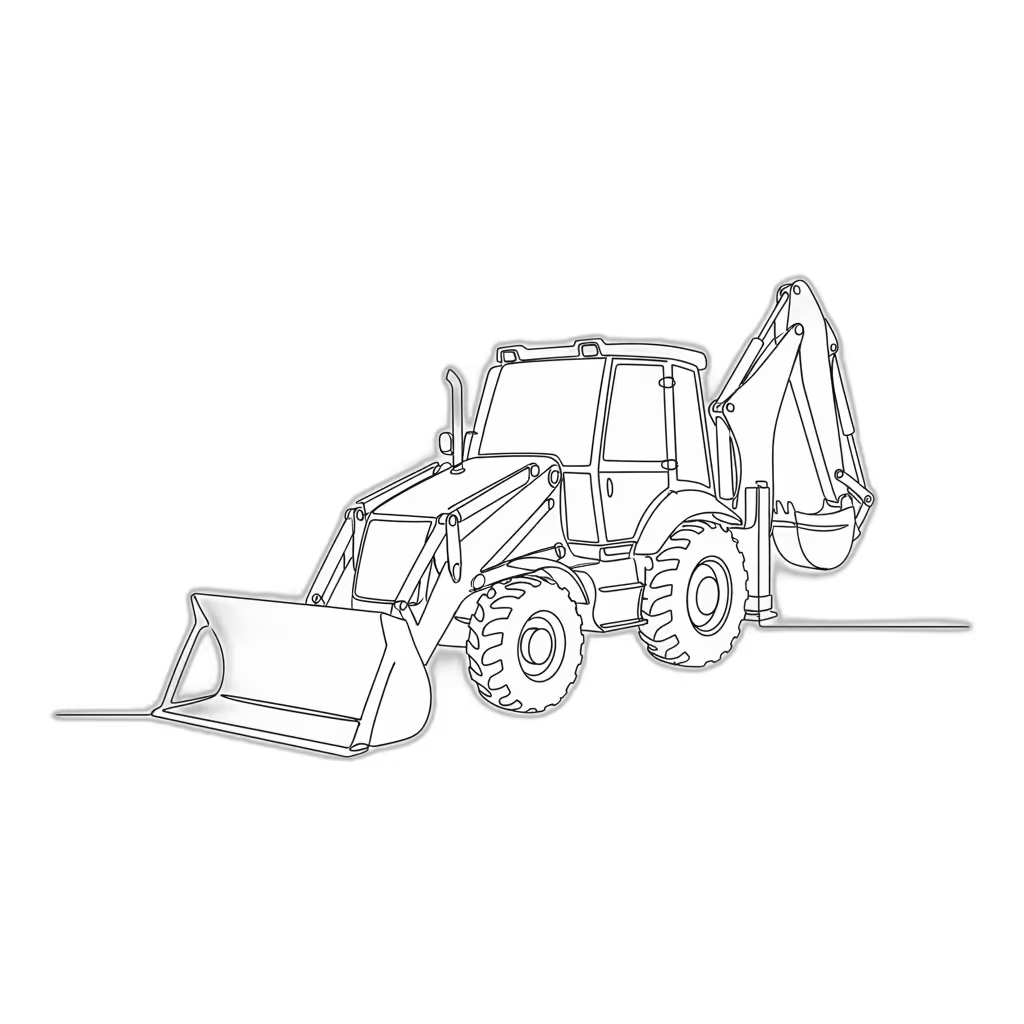
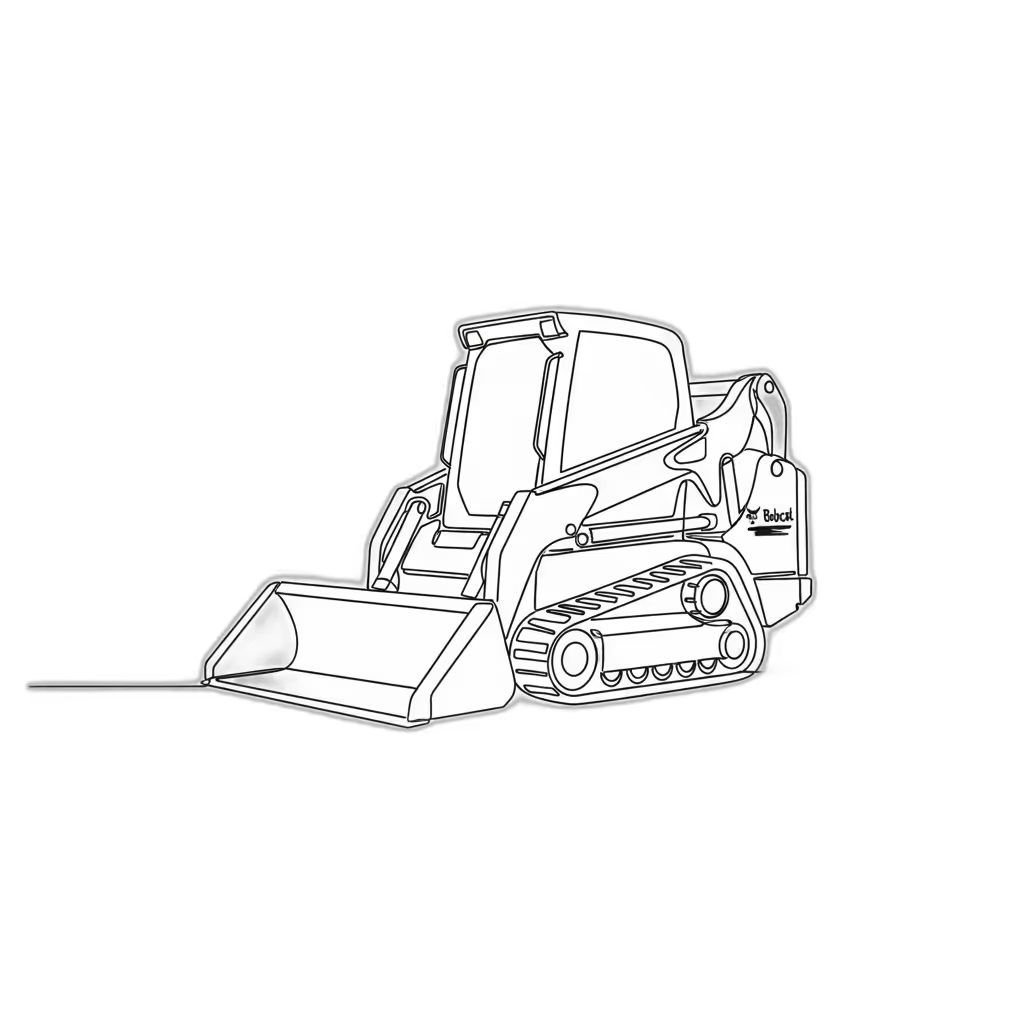
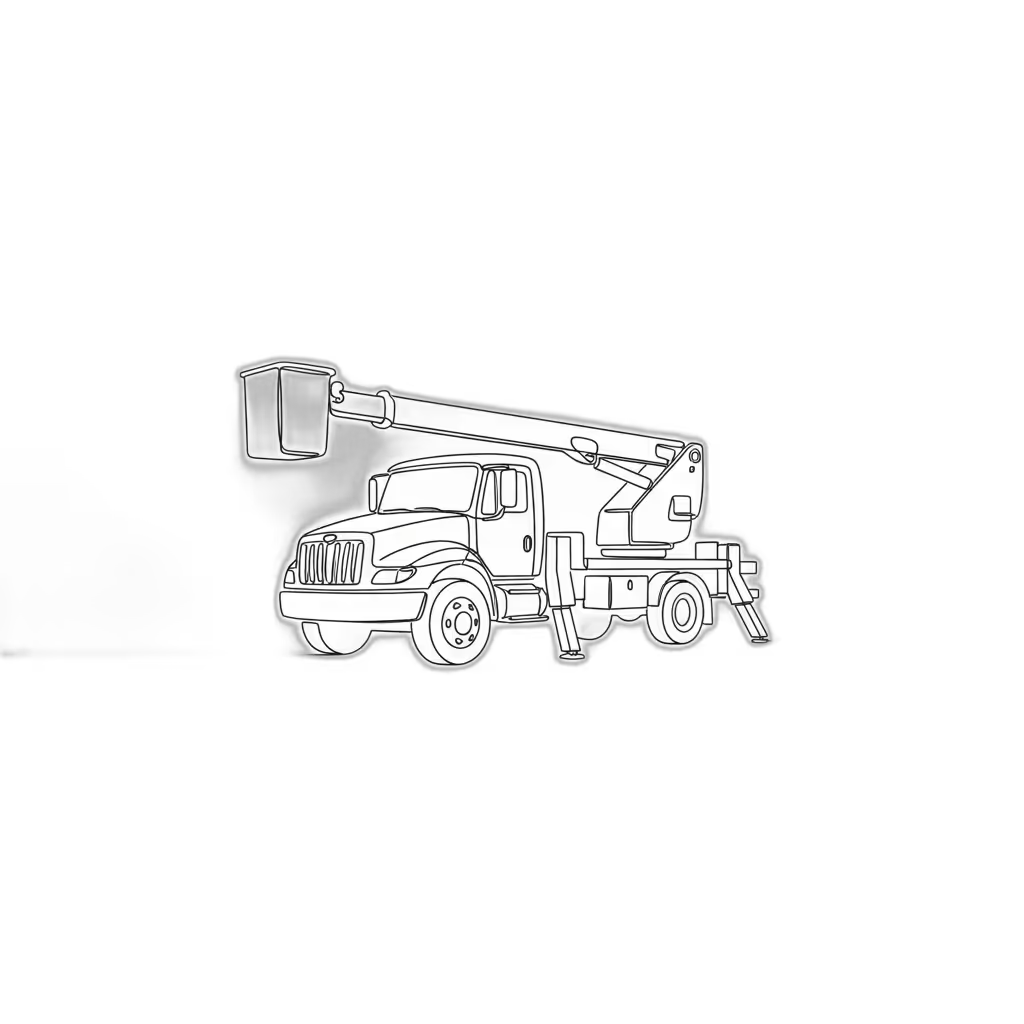
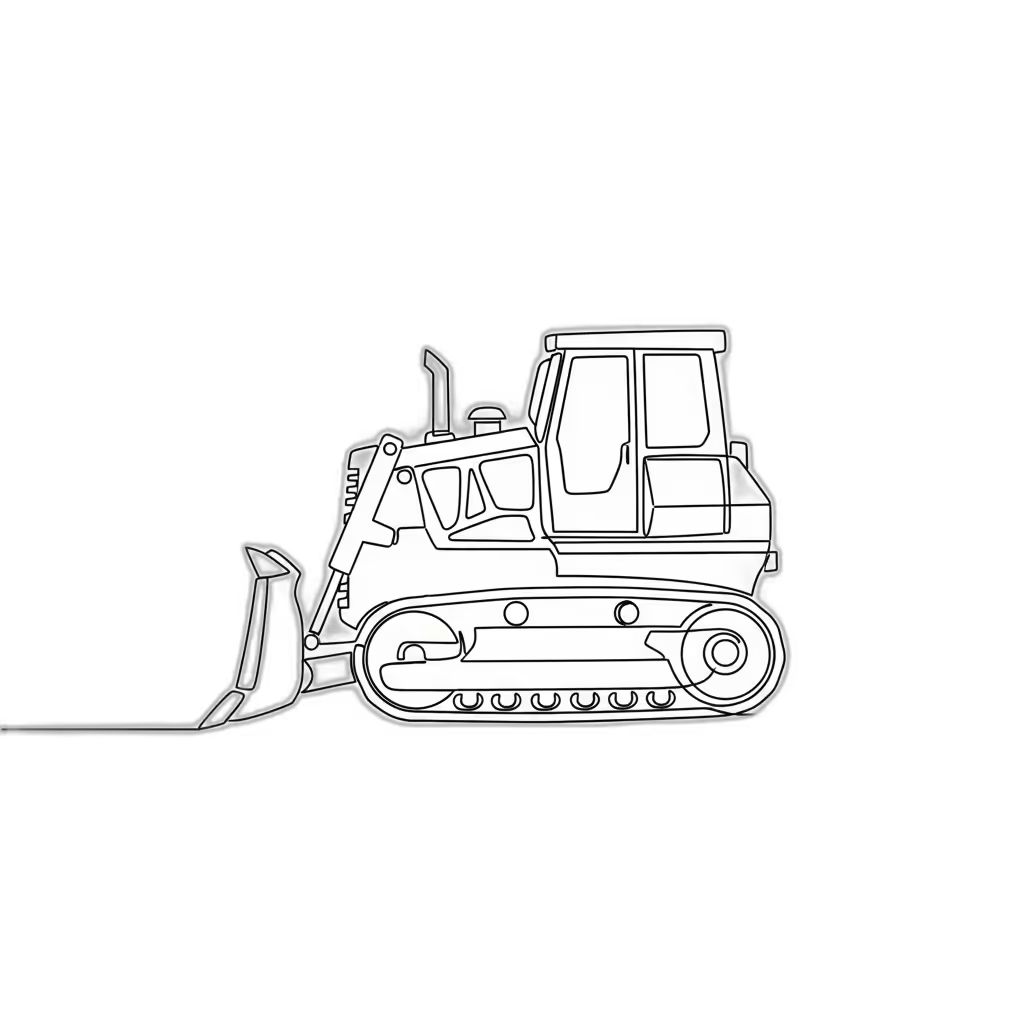
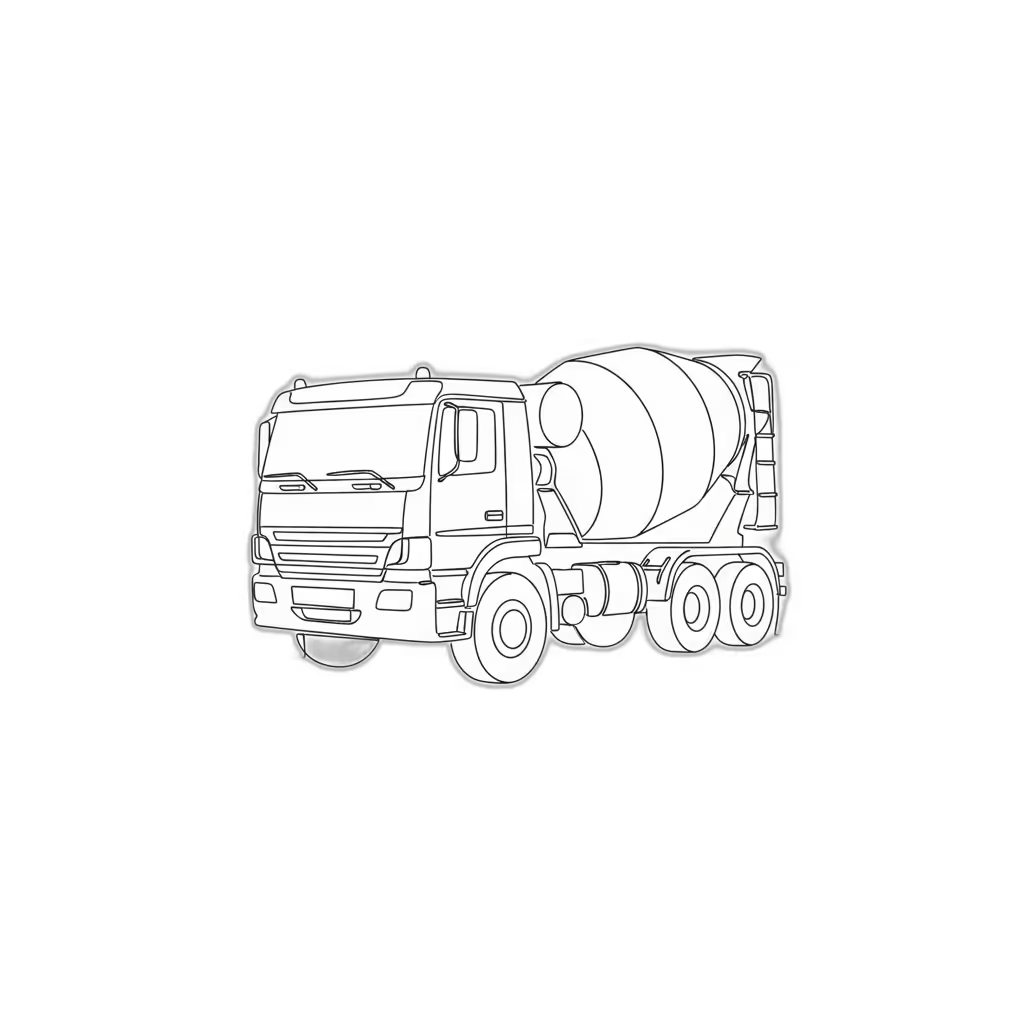


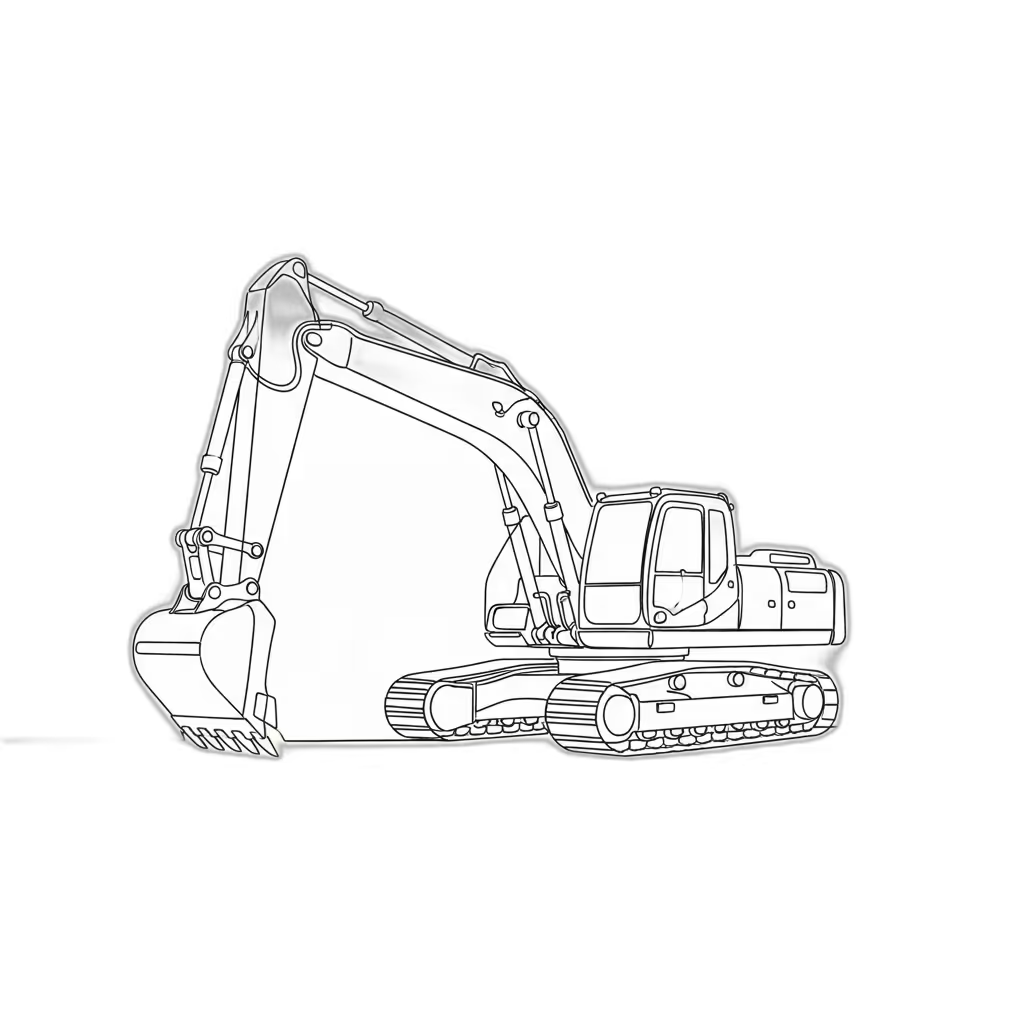
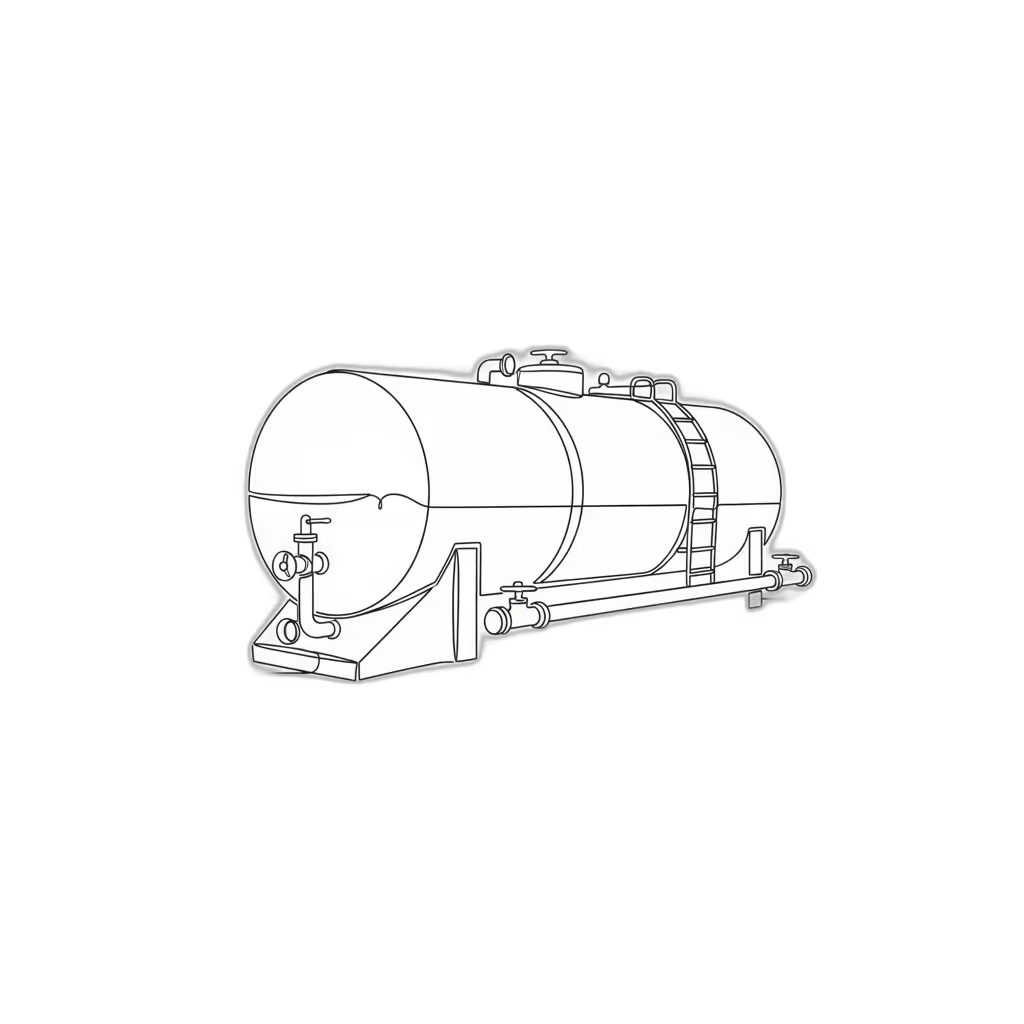

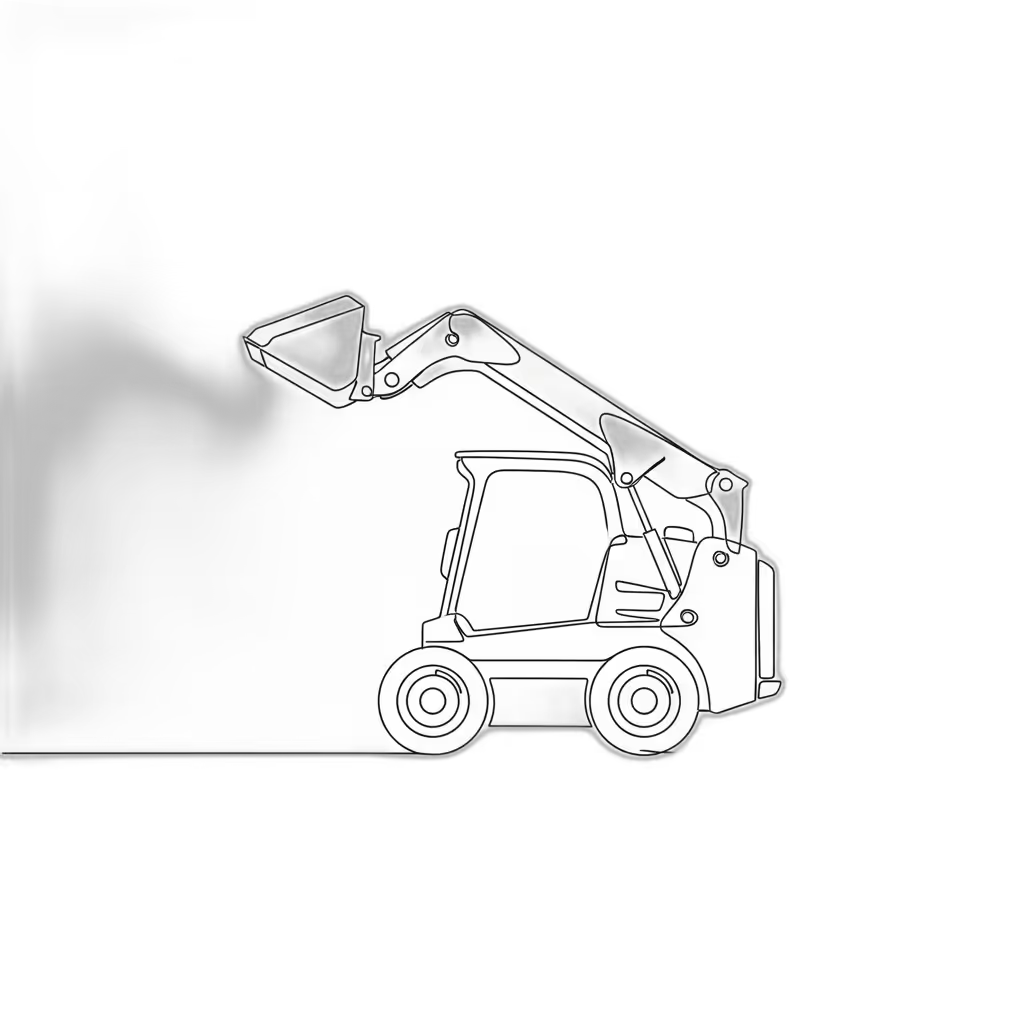

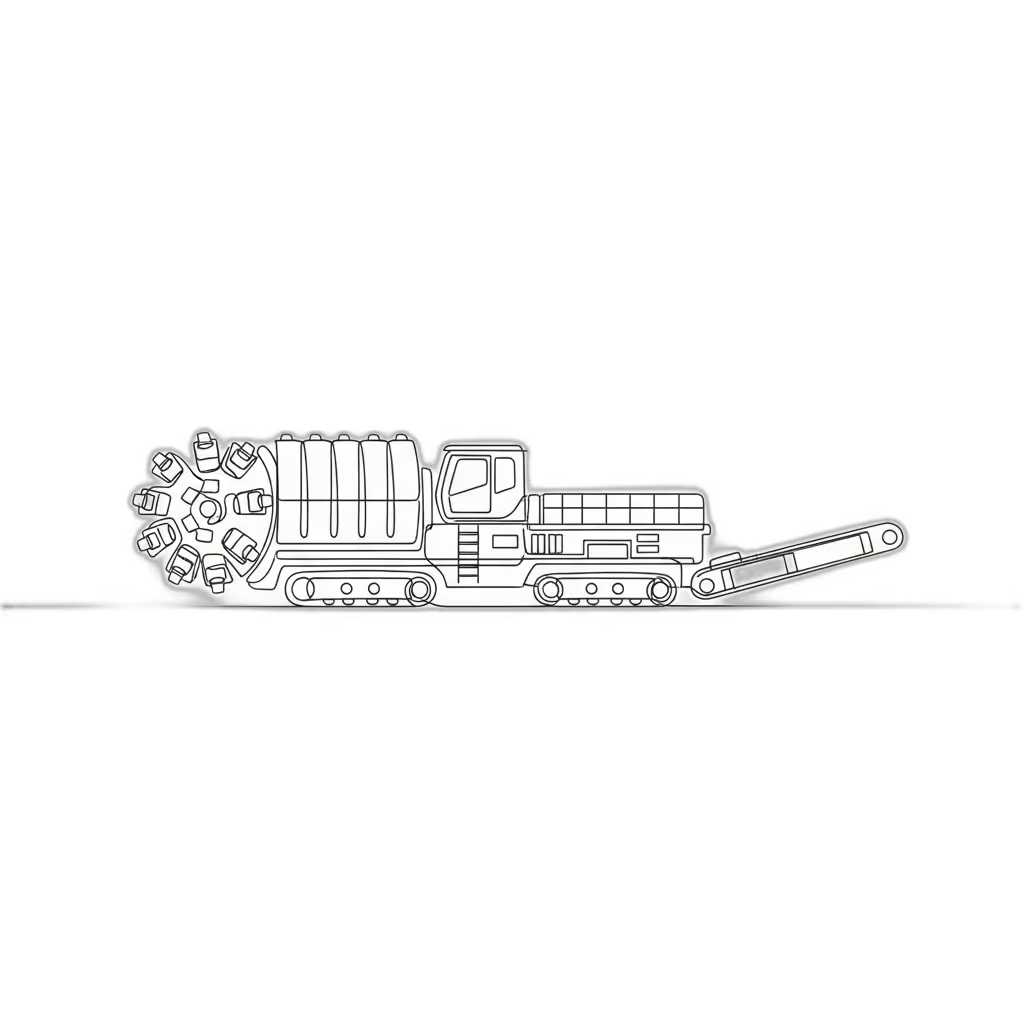
.svg)








